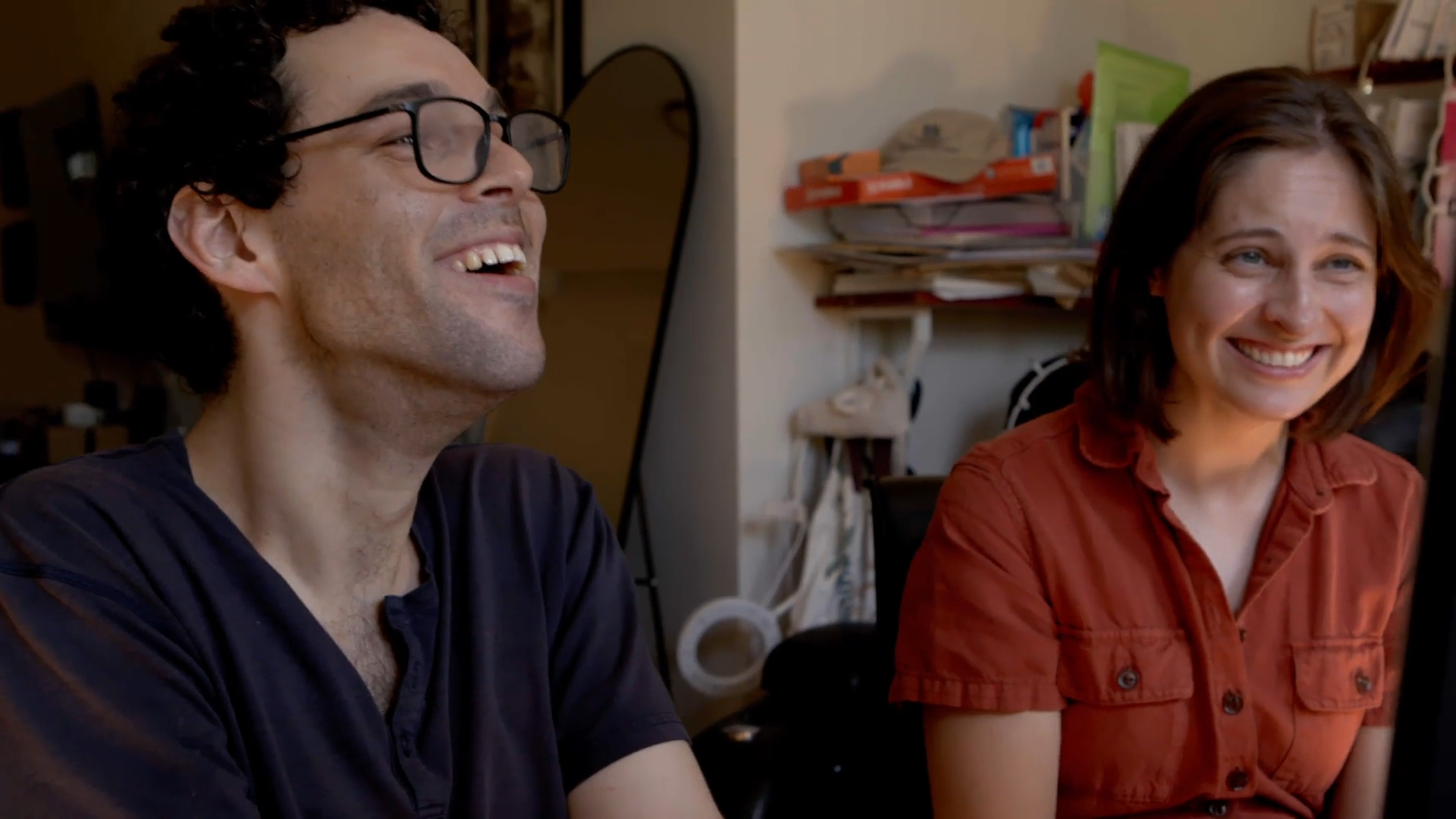
There is no way to sugarcoat the reality that, throughout the world, governments are making it easier for Disabled people to die. Rampant poverty, poor medical care, and deeply seated ableism are all partly why. However, one type of legislation is leading that charge worldwide.
The legalization of assisted suicide, now commonly known as MAiD or Medical Assistance in Dying, is a highly contentious topic, even within Disability communities and broader activist spaces. Traditionally a conversation isolated to places like Switzerland and the Netherlands, and purely focused on the ethics of end-of-life care and whether terminally ill people could choose to end their lives, MAiD has morphed into a mainstream debate about agency. The practice is legal in 11 states and the District of Columbia and Canada, and is hurtling towards approval in the UK.
For many Disabled people, MAiD is a key tool of eugenicists and its expansion echoes the cries of previous cases where parents’ murdering their Disabled child was seen as mercy not hate; a not-so-distant past where the sterilization of Disabled people was state-sanctioned. Expand MAiD further, advocates argue, and you’re giving governments free reign to kill those who need social-safety nets, all in the name of efficiency. After all, you don’t have to pay the dead.
On the other hand, those fighting for the right to die say that they want bodily autonomy at all stages of life. They see current guardrails as sufficient and champion the expansion of MAiD, including to children and those with mental disabilities. Dr. David Aimes, a member of Dying with Dignity Canada’s clinician advisory council, has written publicly about why he feels so-called mature minors should be given the option to choose death.
“There are circumstances under which mature minors can consent to or refuse serious medical treatment,” Aimes wrote for the organization’s blog, “Is it fair to allow an 80-year-old with terminal cancer the choice of a peaceful death but deny a 17-year-old who has been given the same prognosis and who demonstrates as clear a capacity to make the decision as an adult does?”
These are large organizations with relatively huge coffers, such as Dying with Dignity, who throw tremendous resources at lobbying for MAiD expansion while grassroots disability-led efforts tend to struggle with money, energy, and time. For context, Dying with Dignity spent more than $800,000 on advertising alone in 2024.
For Reid Davenport, a Disabled filmmaker from New York, that set of contradictions and complex histories was fertile ground for his newest film, Life After.
“I always knew that there was this tension between progressive politics and the way progressive Disabled people thought about assisted suicide, and that was really interesting to me: this idea of political complacency from progressives who didn’t know the flip side of the argument,” Davenport said.
The film, which charts the past and present of right-to-die and anti- activism on both sides of the U.S.-Canada border, recently debuted at the Sundance Film Festival — winning a special jury award — before a broader release this month and a premiere coming later this year on PBS. It is a rare film in that it holds the topic and its horrors with grace, highlighting not just those seeking out or battling against MAiD, but the seismic impacts these legislative choices — some dating back decades — have today. As its accompanying promotional information says, the film is looking to ask one thing: “Why is it acceptable to give disabled people the means to die, before supporting them in the chance to live?”
The majority of the film centers on Elizabeth Bouvia, a Disabled woman who fought publicly in the 1980s for her right to die. As the film progresses, Davenport weighs the realities of advocacy movements, tracing his own eligibility for MAiD in Canada, Bouvia’s fate, and how distinctions between self-determined dignity and eugenics are legislated. He also speaks to multiple people facing the specter of MAiD and looks at the impact on families. To him, the film is not just about one person’s physical disabilities.
“This is not about her [Bouvia’s] body,” he shared with DJA. “This is about mistreatment, discrimination, medical abuse, trauma outside of being Disabled not really about having cerebral palsy.”
If we zoom out, we see MAiD’s painful landscape. We already know, for example, that do-not-resuscitate orders signed under questionable circumstances are present in institutions and long-term care settings — they exist at higher rates than non-disabled peers — and that MAiD expansion in Canada has created a stark increase in the number of people choosing to die in a system that does not give enough supports for people to live equitably.
This work is tiring, painful and often isolating. Former BBC journalist Lucy Webster wrote in the July 4 edition of her The View From Down Here newsletter that this legislation, and attitudes around it, are why it was hard for her to revel in Disability Pride Month.
“To be exceedingly clear, the issue is not that these messages tap into some deep feelings I have towards myself. Absolutely not. The issue is that these messages remind me, again and again and again, that a big chunk of society views the good, complicated, hard, beautiful lives my friends and I lead as a fate worse than death. And, what can I say, after a while that gets into your psyche.”
To combat these horrors, many disability-led narratives like those in Life After tend to be personal films. Davenport has participated in and critiqued that approach before, notably in his first feature film, I Didn’t See You There, which won the 2022 U.S. directing award for documentary at Sundance. However, that was not the intention of Life After; he was there as more of a guide.
Davenport remarked how little media coverage of Disabled people has changed over time
“Overall, even though the words have changed, the overall M.O. of the press, vis-à-vis how they cover disability, is the same. It’s an exception. It’s a singular story. It’s about one’s body instead of society… So it really, I think, hasn’t progressed in the past few decades, ” Davenport said.
As far as what viewers can take away, Davenport’s keen for non-Disabled audiences to see the horrors of the current system and for Disabled people to see their experiences and their histories showcased.
“I hope they see it as a rallying point, I hope they see it as corroboration to their own experiences,” he said. Davenport added that he hopes the film showcases “a type of ableism that they weren’t aware of, but that they recognize. And I hope politically active Disabled people … can recognize that this as well as other documentaries coming out have the politics of disability top of mind.”
Life After is currently screening in locations across the U.S. in July and August. It will premiere via PBS’ Independent Lens program in November. You can find more information about ways to see the film at https://www.lifeafterfilm.com/.
More DJA Coverage
The disability community is facing the full weight of the Trump Administration. Photo: Dawit Tibebu via Pixabay ...
By
March 2, 2026
Disability Day of Mourning, an annual vigil, is shining light on the...
By
February 27, 2026
Every day should be a celebration of marginalized identities. But as Black History Month draws to a close,...
By
February 26, 2026


